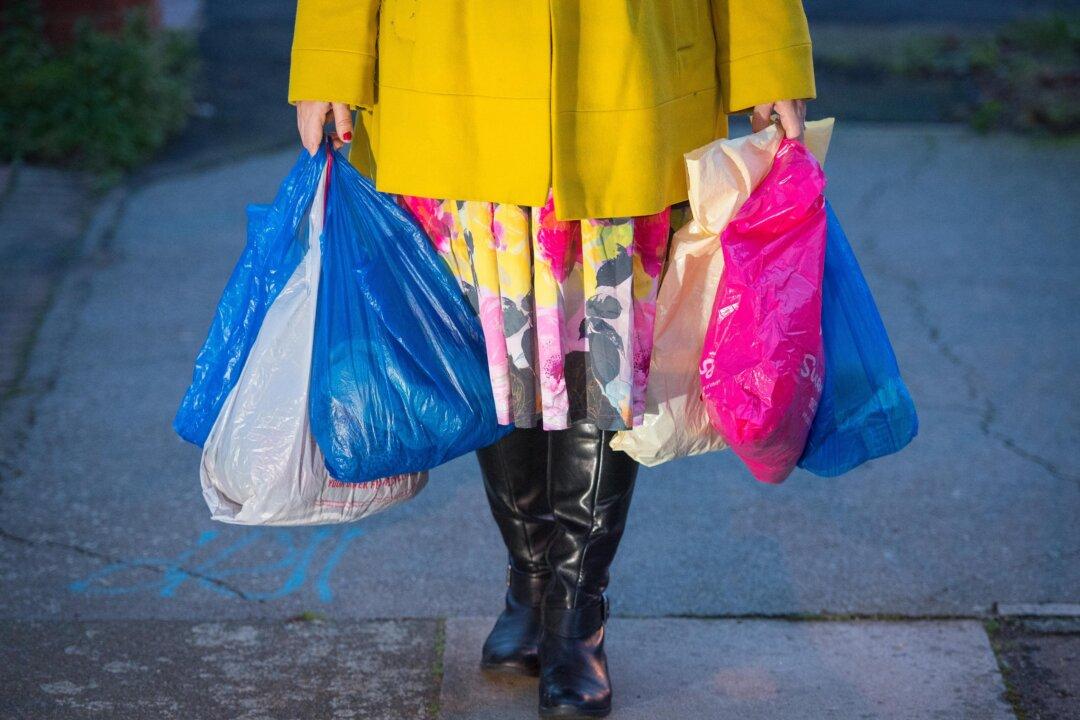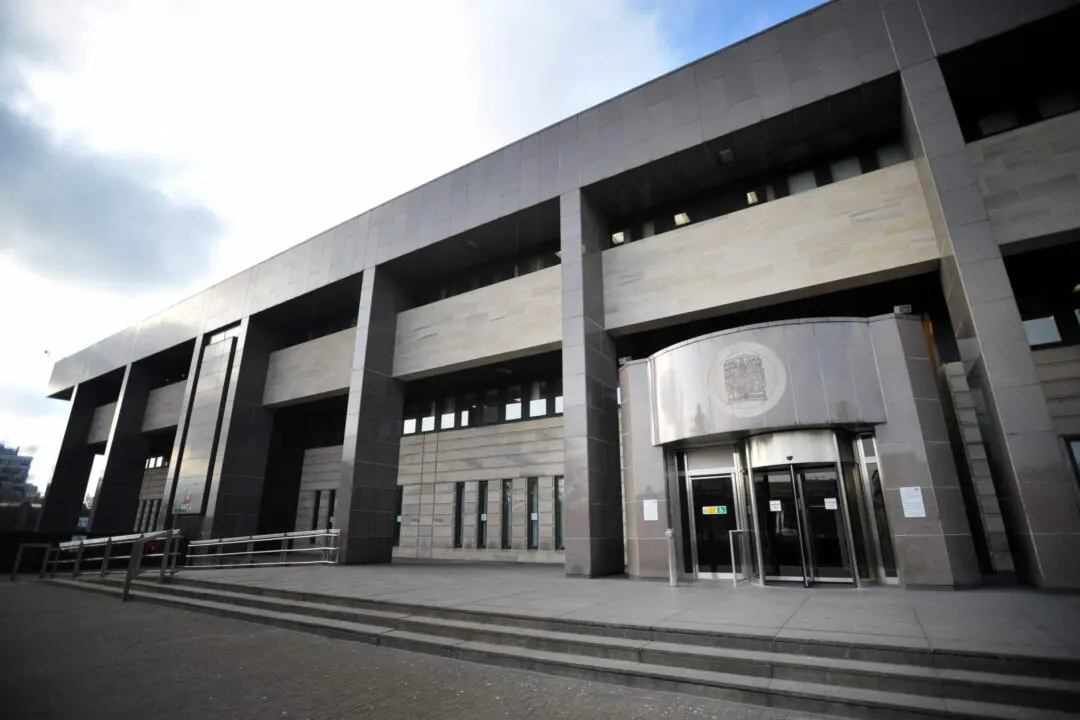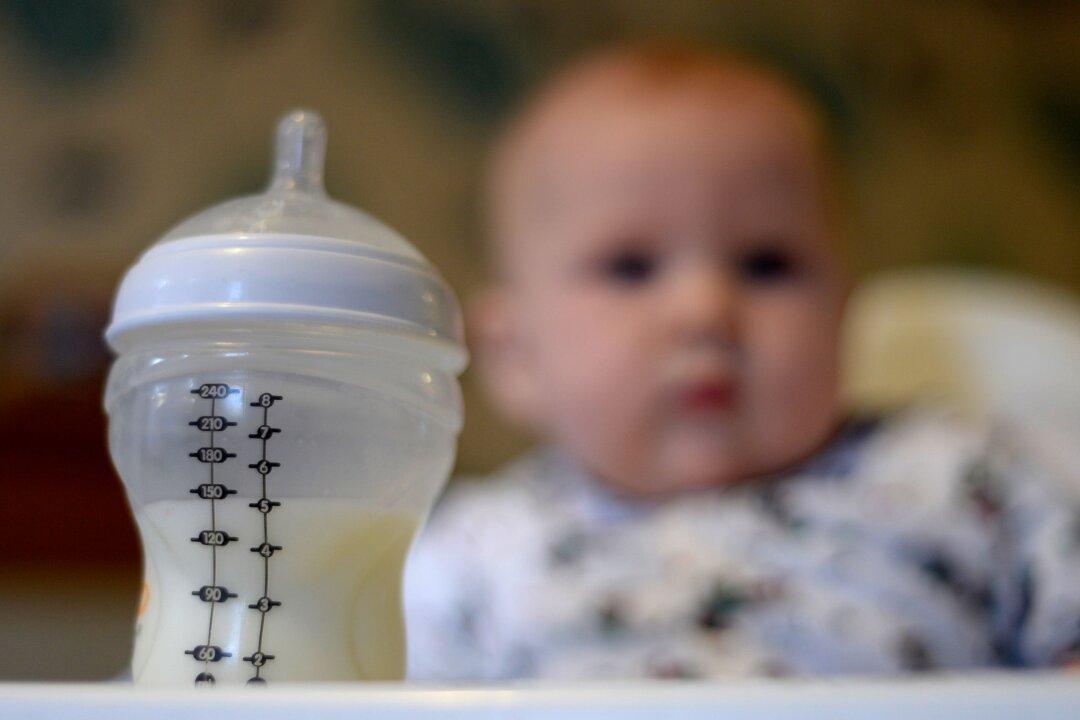The single-use carrier bag charge will increase from 5 pence ($0.07) to 10 pence ($0.14) and extend to all businesses in England from May 21, the Government has confirmed.
Under the extension, all stores, including corner shops, will have to apply the charge. Previously only businesses with 250 employees or more had to charge per bag and smaller shops could choose to do so voluntarily.




